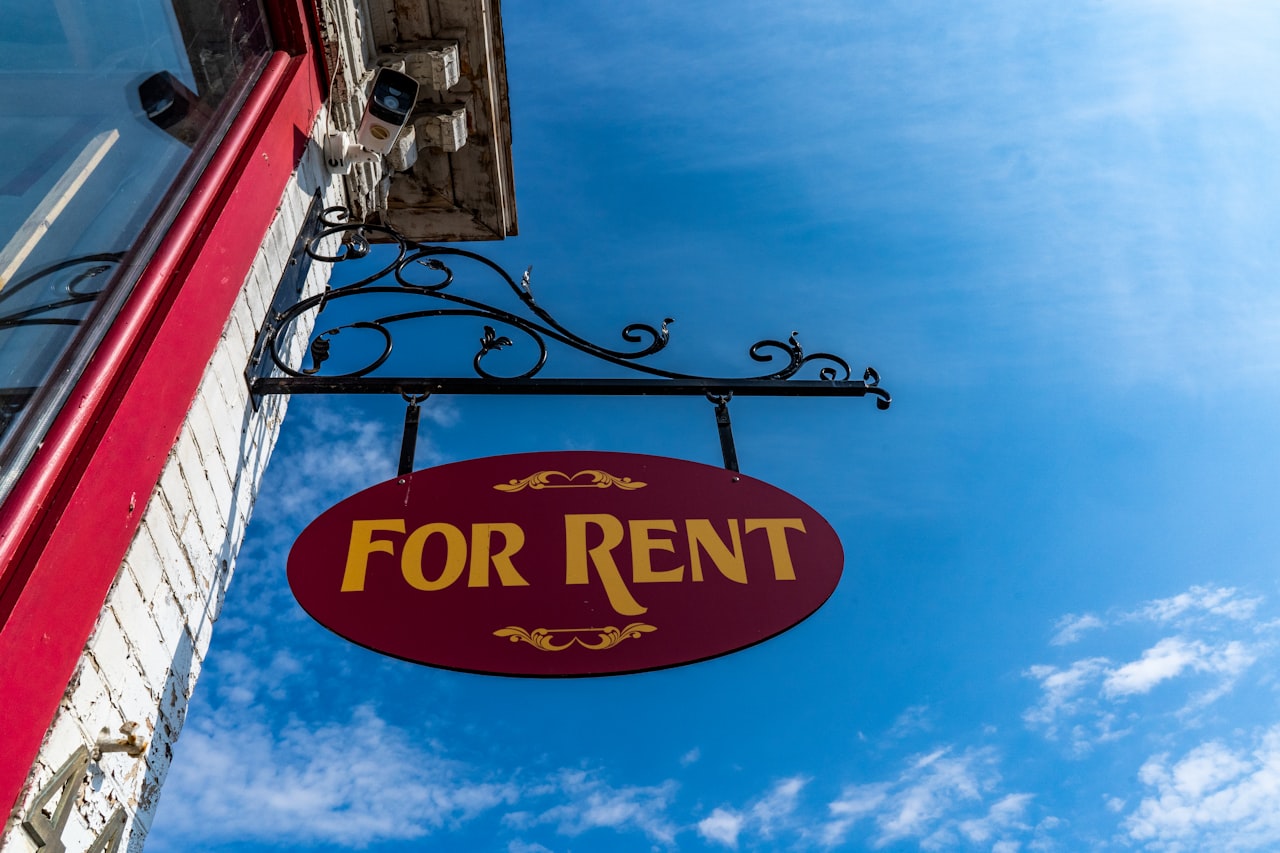Question: I don’t have the time to do a full-scale remodel on a fixer-upper so have found myself favoring renovated homes, many investor-owned. I’m afraid of buying a bad flip and wondering if you have any tips for spotting them during showings.
Answer: Whether or not a home has been recently renovated for sale by an investor or homeowner, you need to do as much digging and inspecting as possible to verify the quality of the work and materials. For starters, never assume that because a home has been professionally remodeled and looks new you do not need to perform an inspection. I think a home inspection is most valuable when buying a flipped property because you’re paying a premium for it being/appearing new. However, inspections take place after entering into a purchase agreement and cost money, so I’ll highlight some things you can look for before making an offer that will give you an idea of the quality of the work.
Exterior
-
Driveway: Repaving a driveway is expensive and often ignored in cheap flips. Look for cracks or other damage in the driveway. If the driveway has been redone, that’s a good sign.
-
Roof: You don’t need to be a roofing expert to know whether a roof looks old and damaged or in new or good condition
-
Downspouts: You want to see water runoff extending away from the home by 8-10ft, not being dropped right next to it, which is often overlooked by inexperienced or cheap investors
-
Lawn: Grass takes time and money to look good so if the lawn is in good condition, that’s a great sign
-
Windows: Windows are very expensive and you can tell a lot about an investor by the windows they install. Are they good quality? Did they replace none, some, or all of them? Did they install new windows or refurbished windows?
Interior
-
Floorplan/Design: Did the investor make decisions that leave you scratching your head like a shortage of kitchen cabinets, awkward toilet placement, or tiny clothes closets? It’s not easy to redesign a floorplan and novice remodelers almost always make mistakes.
-
Dishwasher/Stove: Give them a pull and see if they’ve been secured. If they are, the investor likely paid attention to other more important details.Water Heater: Is there a drip pan around the base and is it tied into a floor drain?
-
Electrical: Look at the inside of the panel door to see if it’s been labeled and if there is a signed/finalized permit sticker.
-
Furnace: Does the exhaust pipe have a constant positive pitch leaving the unit until it reaches the exterior (note: this should also be the case on a gas water heater)?
-
Door Frames/Shoe Molding: Are the frames around the doors and shoe molding along the floor new or painted over? New frames/molding looks clean and smooth while originals with paint over top look clumpy and damaged. If it’s original frames/molding, you might be looking at a quick, cheap flip.
Other
-
Permits: permits.arlingtonva.us allows you to search the full permit history of any home in Arlington so make sure you check 1) whether permits were issued and 2) whether permits were finalized
-
Receipts: Try to confirm who did the work. Are they licensed, bonded, and insured or were they a friend who loves DIY projects? Don’t be afraid to talk to the contractor(s) who did the work and see how much they’re willing to share about the materials and crew they used.
-
Days Since Last Sale: Look up how much time has lapsed between the investor’s purchase of the property and the completion of the remodel. The timing of the work should align with what the seller is claiming to have done. You can’t do a full remodel, with proper permitting, in a month.
-
Overall Care: Care and attention to detail outside of the walls tends to show up in the quality of work behind the walls (where you or your inspector can’t see), so if you notice mistakes you can see, be wary of what mistakes you can’t see.
Other common items to observe are the quality of cabinets, appliances, and fixtures but most of that is dependent on price point and expectations should be managed accordingly. Also, do not shy away from electrical, plumbing, HVAC, roof, and/or structural inspections if you have concerns over the quality of the work after doing your general inspection. They cost about $150-$300 each, but that’s a lot less expensive than buying a home with hidden issues, even if you end up spending the money just to realize you need to walk away from the deal.
The term “flip” carries a negative connotation, but regardless of what you call a house that has been remodeled/updated for purposes of resale, it can be a great opportunity to get many of the benefits of a new home, without the price tag of new construction or burden of doing the work yourself. However, you must approach the purchase with caution and a careful eye for quality of workmanship to avoid your dream home turning into a money pit.





